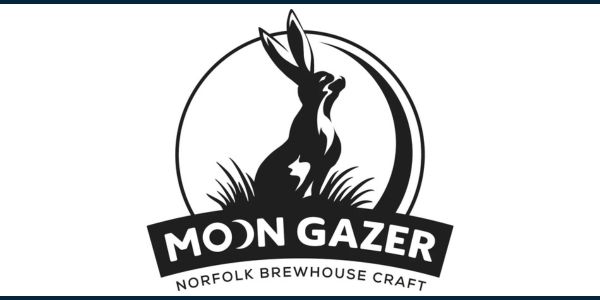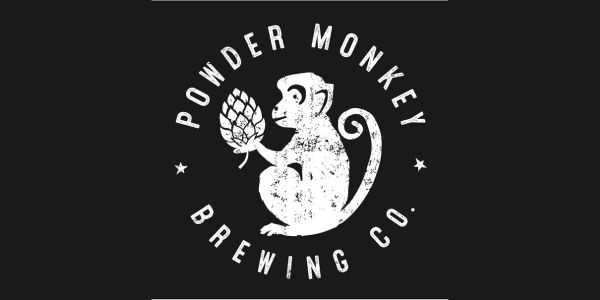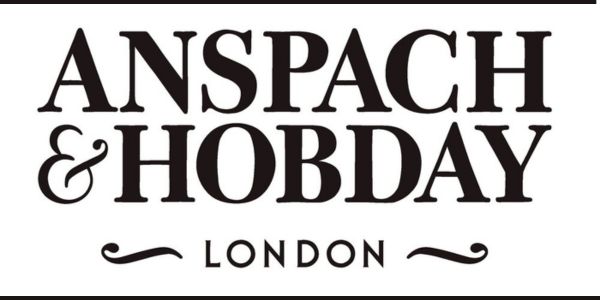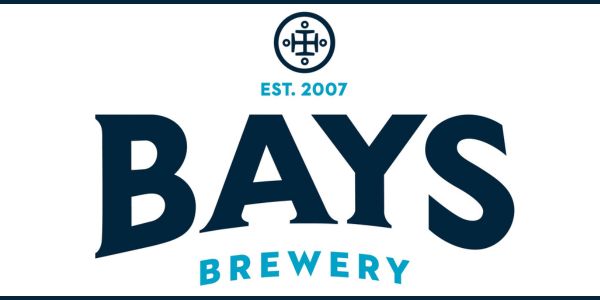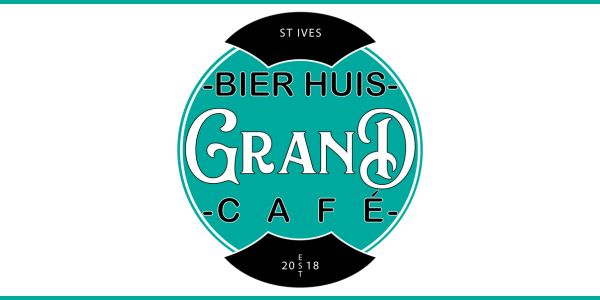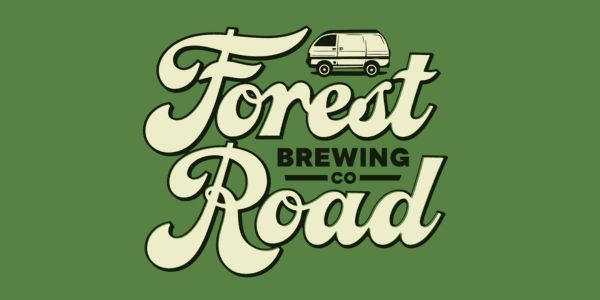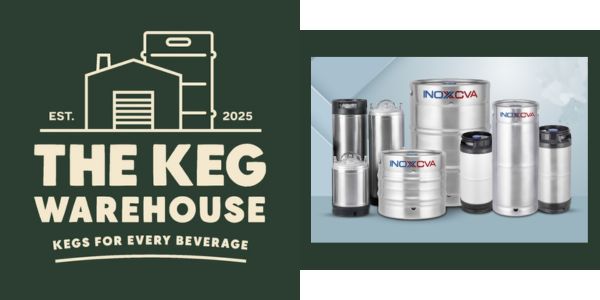With Independence Day coming up, Lotte Peplow, the Brewers Association’s American craft beer ambassador for Europe, looks at how American craft brewers are making their industry more sustainable to ensure future generations may celebrate Independence Days for many more years to come.
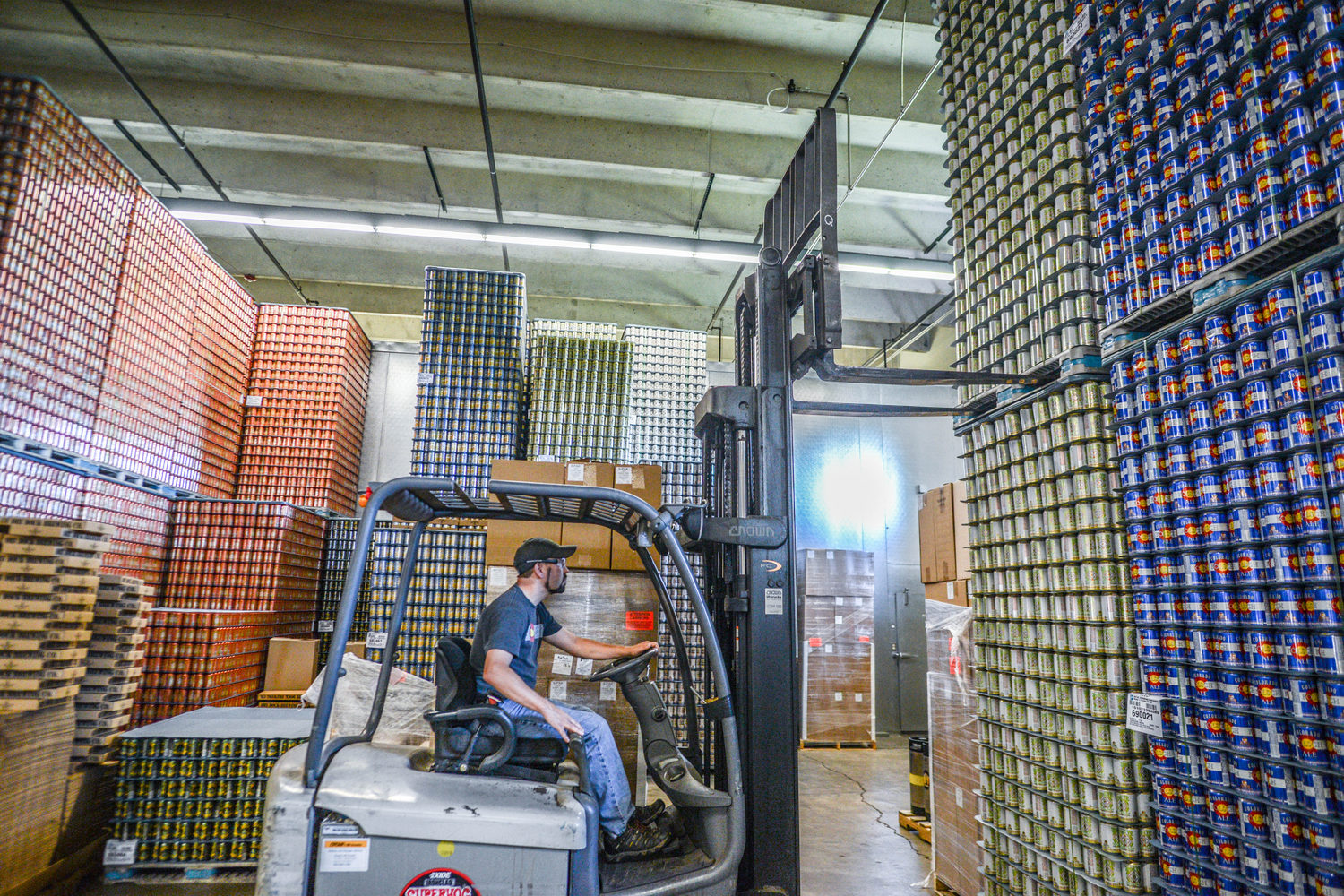
Cans are made with recycled aluminium, which reduces greenhouse gas emissions by 95%.
Photographs: Brewers Association
Brewing beer is an energy intensive, water guzzling, waste producing industry that could, if left unchecked, significantly harm the environment and deplete the world’s natural resources faster than you could say “pass me a beer”.
Fortunately, American craft breweries, being a responsible bunch, are stepping up to protect the environment and adopt more sustainable brewing practices. Balancing sustainability with profitability is no easy feat, but many American craft breweries feel a strong moral and ethical obligation to do the right thing for future generations.
The environmental impact of brewing is highly significant. Brewing typically uses about seven barrels of water for every barrel of beer and generates wastewater equivalent to what 245 people produce daily. This is especially concerning in drought-prone regions like California. Additionally, brewing requires substantial energy for heating and cooling, and produces spent grain and other waste products.
Sustainable brewing practices not only lead to cost savings and efficiencies, but also generate positive brand associations and loyalty among consumers. However, how can the average beer lover determine if a brand is sustainable? Without extensive research before visiting a bar or pub, it’s almost impossible to know if a draught beer is sustainable. Packaged beer, on the other hand, can communicate sustainability information on its label more easily.
American craft breweries like Anderson Valley Brewing Co, from Boonville, California, recognise the vital importance of sustainability. They were was the first US craft brewery to install a solar array back in 2005 and have a self-contained water system on site. Water is drawn from their own wells and, once used for brewing, it is treated and returned to the property making the brewery its own ‘zero waste water manufacturing facility’.
They also use a nitrogen generator to replace up to 80% of carbon dioxide used during the brewing process. Nitrogen is not a greenhouse gas and does not need to be trucked in, benefiting the environment all round. And in a highly collaborative way characteristic of the brewing industry, Anderson Valley advises other breweries how to size, select, and work with a nitrogen generator.
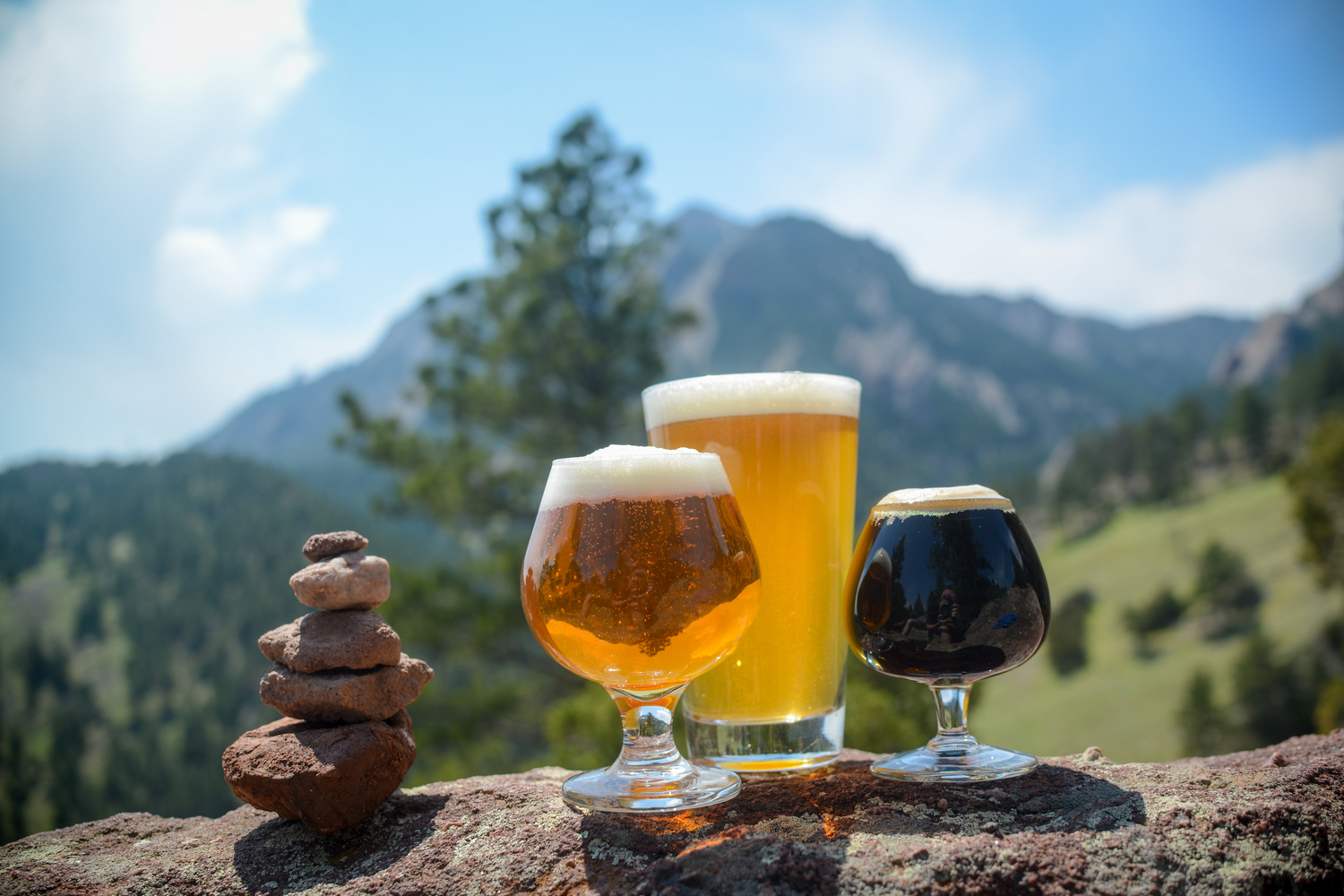
All spent grain goes to feed local cows, and glass packaging is a thing of the past. Now it’s all aluminium cans and cardboard. The brewery was able to reduce trucking by 60% just by shifting from glass to cans.
Kevin McGee, president of Anderson Valley, said: “We’re family owned and view sustainability in the long term. If my daughter takes over the company in years to come, I don’t want her banging her head against a wall in 15, 20, or 30 years’ time and thinking ‘Dad, why did you do that!’
“We don’t see sustainability driving consumer behaviour in a big way, but we do it because it’s a good idea and the right thing to do. We hope the sustainability message will trickle down from brewer to retailer to consumer, and ultimately influence behaviour.”
A brewery like Revolution Brewing, from Chicago, stands on the edge of Lake Michigan, the largest source of fresh water in the world. And Chicago has the largest water filtration system in the world so water is clean and plentiful.
Founder, Josh Deth, said: “We’re tripling the solar panels on our roof to be more efficient in making beer, and adding new equipment to enhance quality and sustainability, and not simply to sell more beer.”
Revolution has invested in sustainability by moving from plastic six-pack rings to cardboard cartons. Cardboard has among the best recycling records of any packaging material. It’s 100% recyclable, and when recycled into new products, those products see a 70% reduction in energy use.
Cans are good for the environment because:
- They are made with recycled aluminium, which reduces greenhouse gas emissions by 95%.
- Nearly 75% of all aluminium ever produced is still in use today.
- 68% of cans are recycled — the highest rate of any beverage container.
What’s more, cans are better for preserving beer flavour and quality because they are 100% airtight and block harmful UV-rays from light, both of which can degrade a beer’s life over time.
Deschutes Brewery is based on the beautiful Deschutes River that runs through Bend, Oregon, but despite being so near a natural source of water, the brewery’s objective is to reduce water usage.
Scott Mellinger, plant engineer at Deschutes, said: “We are constantly looking to enhance our efficiencies with water, for example through optimisation of our CIP (cleaning) process and minimising water usage to only what is strictly required. A reduction in cleaning water needs almost always correlates to a reduction in natural gas requirements for heating the cleaning water, as well as a reduction in chemical needs.” A win, win for the environment then.
American craft brewers are renowned for their ground-breaking creativity, relentless innovation, and unswerving commitment to quality, but are also blazing the trail for sustainability and environmental stewardship to ensure future generations continue to enjoy the same high quality American craft beers as we do today.
Big news…
Iconic American craft brewery Sierra Nevada Brewing Co is expanding its UK presence with a new partnership through distributor Cave Direct.
From July the core range will comprise:
- Sierra Nevada Pale Ale, California IPA, and Crisp Little Thing permanently available on draught.
- Sierra Nevada Pale Ale, California IPA, Torpedo, Trail Pass Golden Non-Alcoholic and Trail Pass IPA Non-Alcoholic permanently available in packaged format.
- A wide range of Sierra Nevada specials will be available on a pre-sale basis to ensure freshness.
Dates for your diary
The Brewers Association will be showcasing a mouth-watering range of UK-rare, high-quality, innovative American craft beers at London Craft Beer Festival, Tobacco Dock, on 9th and 10th August
And, don’t miss the Great American Beer Festival in Denver, Colorado, from 10th-12th October, the largest public beer tasting in the States and dubbed by Thrillist as “the one beer festival to try before you die”.
The Brewers Association
The Brewers Association publishes a wealth of resources to understand and enjoy craft beer, downloadable free of charge from brewersassociation.org.
The UK remains an important export market for American craft beer with 7.9% of all exports. It’s the biggest market in Europe and third largest individual market, behind Canada and the Caribbean.
In the UK, American craft beer is available from online retailers such as Athletic Brewing, the Sierra Nevada shop, Brew Export, Beer Merchants, and Beers of America, as well as selected bottle shops, off-licences, online subscription services, supermarkets, and selected pubs and bars.



